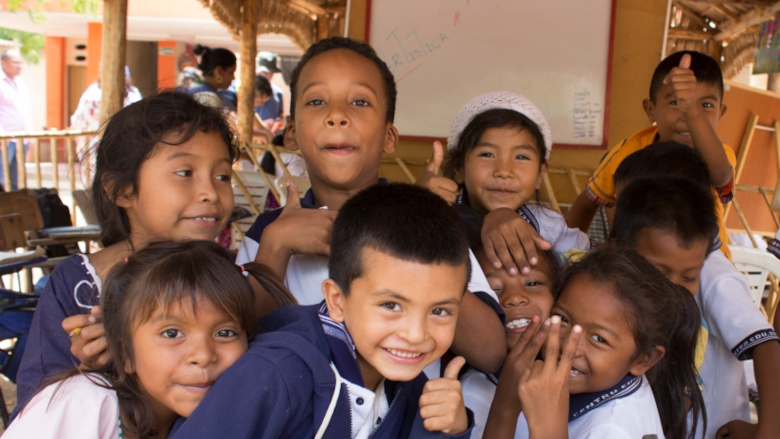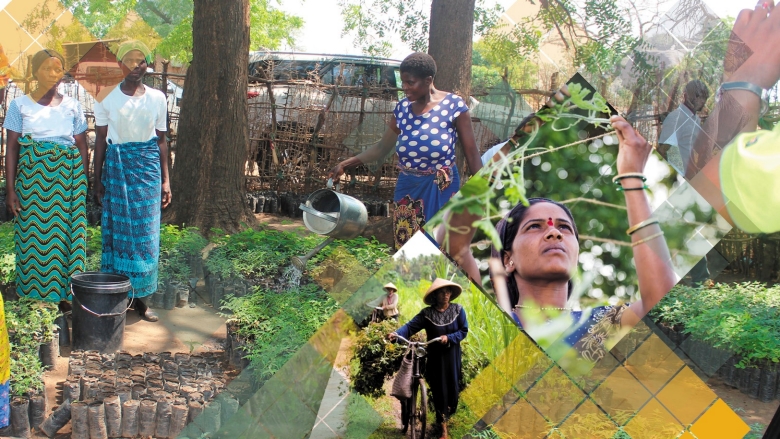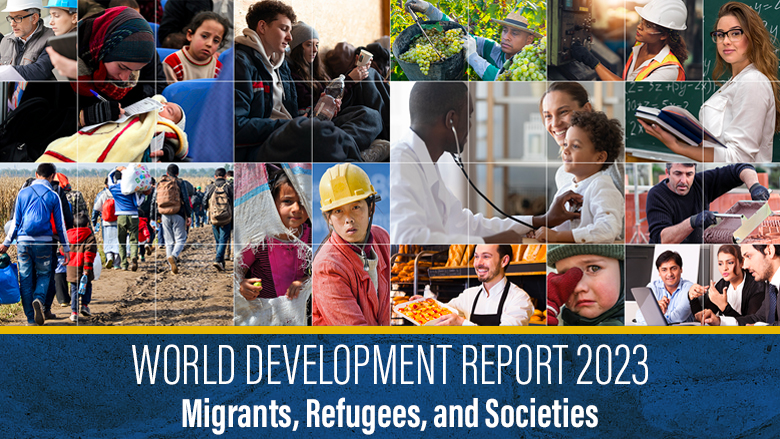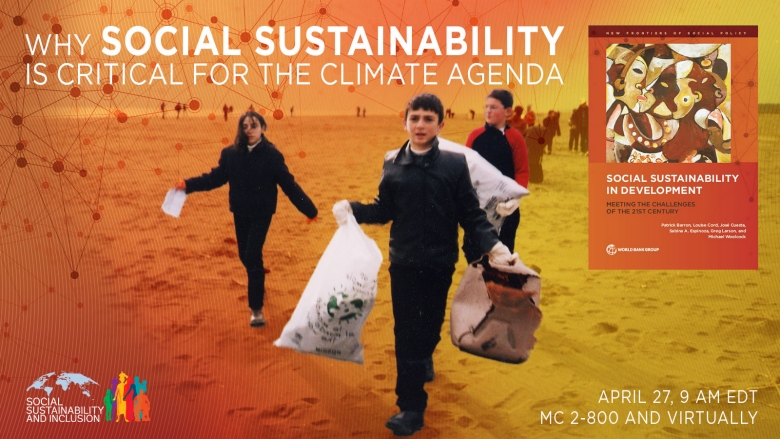LATEST WORKING PAPERS
Lives, Livelihoods, and Learning: A Global Perspective on the Well-Being Impacts of the COVID-19 Pandemic
Benoit Decerf, Jed Friedman, Arthur Mendes, Steven Pennings, Nishant Yonzan
World Bank Policy Research Working Paper 10728, March 2024
Right to Education: Forced Migration and Child Education Outcomes
Juan F. Vargas, Sandra V. Rozo
World Bank Policy Research Working Paper 10720, March 2024
Little Nomads: Economic and Social Impacts of Migration on Children
Magdalena Cortina, Juan Miguel Jimenez, Sandra V. Rozo
World Bank Policy Research Working Paper 10686, January 2024
Impacts of Extremist Ideologies on Refugees' Integration: Evidence from Afghan Refugees in Tajikistan
Laurent Bossavie, Sandra V. Rozo, María José Urbina
World Bank Policy Research Working Paper 10612, November 2023
Using Large Language Models for Qualitative Analysis can Introduce Serious Bias
Julian Ashwin, Aditya Chhabra, Vijayendra Rao
World Bank Policy Research Working Paper 10597, November 2023
The Fine Line between Nudging and Nagging: Increasing Take-up Rates through Social Media Platforms
Andrés Moya, Sandra V. Rozo, María José Urbina
World Bank Policy Research Working Paper 10590, October 2023
Reconceptualizing Global Multidimensional Poverty Measurement, with Illustration on Nigerian Data
Benoit Decerf, Kike Fonton
World Bank Policy Research Working Paper 10577, October 2023



